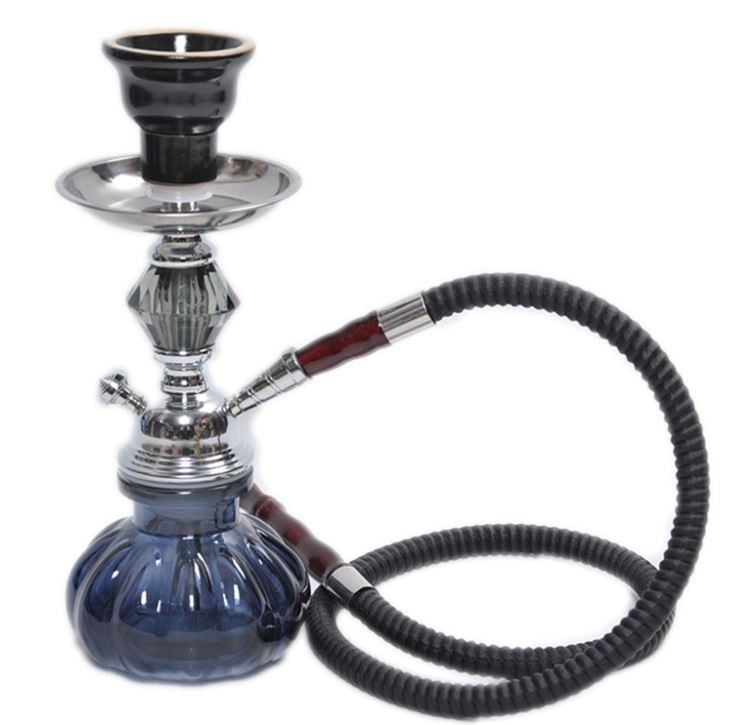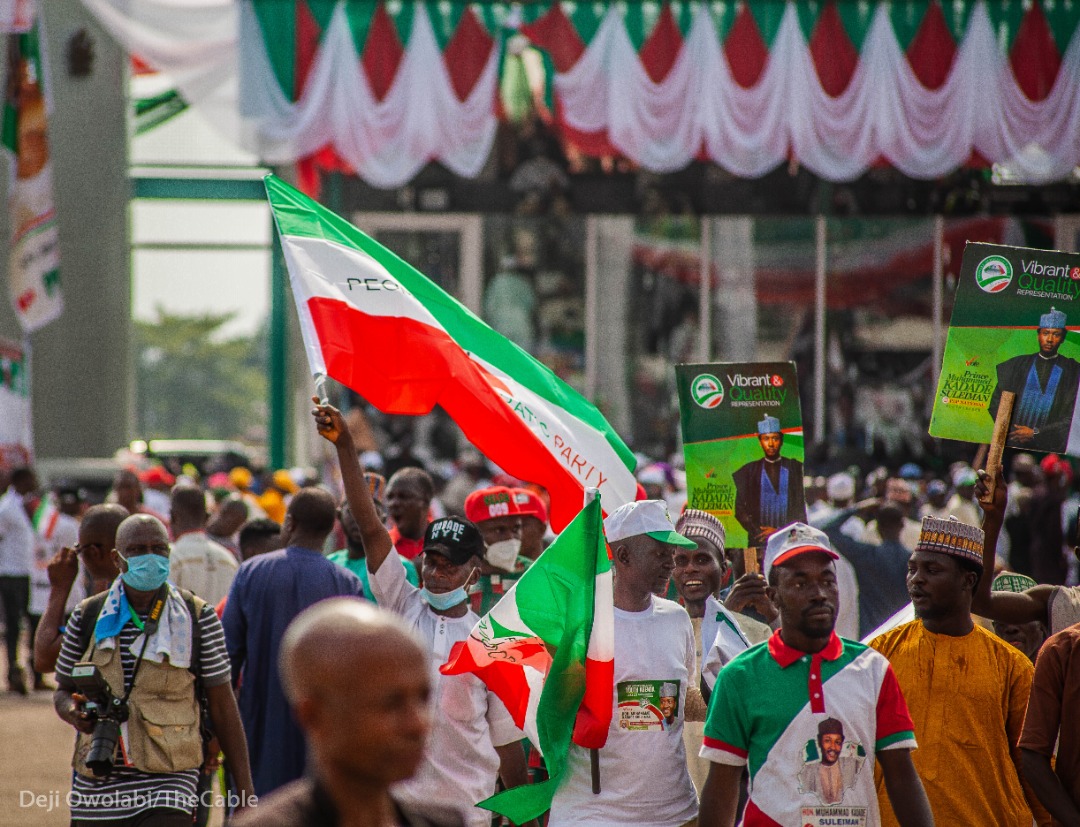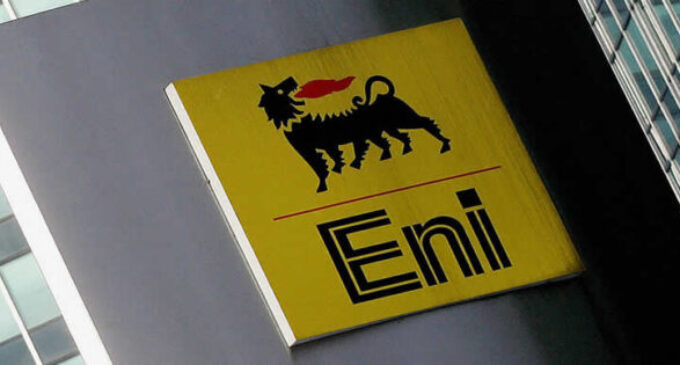The Civil Society Legislative Advocacy Centre (CISLAC) has called on the federal government to include shisha pots and other electric smoking devices in the new tobacco tax regime.
Okeke Anya, CISLAC’s programme manager on democratic governance, made the call when he led the organisation’s tobacco taxation working group on an advocacy visit to the technical services department of federal ministry of finance.
Anya said adding shisha pots as well as other electric smoking devices into the new tobacco regime would crash its demand as well as increase revenue for the nation.
According to Anya, tobacco has a devastating effect on the health of Nigerians, and it is classified as luxury goods which should be taxed.
Advertisement
“The increase in tax will also be an avenue to generate revenue for the country. This is how many countries operate because consumption of tobacco is a luxury and not a necessity,” Anya said.
He also called on the federal government to engage in a robust track and trace system that would curb illicit tobacco flow into the market.
“Nigerians will like to know which tobacco products that have paid the right kind of tax duties, know where these products are coming from and where they are heading to,” he added.
Advertisement
The CISLAC team hailed the ministry for influencing the 2018 specific tax regime that brought about an increase in taxes for tobacco products.
The organisation declared its support for the facilitation of a multi-ministerial engagement which will also comprise ministries such as the ministry of health, ministry of finance, and other organisations such as the Federal Competition & Consumer Protection Commission, Federal Inland Revenue Services, and Standard Organisation of Nigeria.
Responding, Fatima Hayatu, the director of technical services, federal ministry of finance, thanked the CISLAC team for the visit as well as the frequent trainings they offer staff of the ministry.
According to her, the tobacco industry is a powerful one but the ministry is committed to checkmating illicit flow of the product into the market.
Advertisement
She said with the new tax regime for tobacco which will be implemented from June 1, the ministry was on the verge of engaging with relevant stakeholders for implementing a robust track and trace system.
Hayatu added that the ministry was setting up a tobacco tax working group to see what all other ECOWAS countries are doing on tobacco tax regime.
She said: “The taxation on a stick of cigarette was N2.90 kobo but has now increased to N4.20 kobo. What inspired this increase is the ECOWAS directive that recommended that 0.02 cents per stick of cigarette and at the current exchange rate, 0.02 cents would give N8.40 kobo.
“However, it was agreed to meet the recommendation half-way which would give N4.20 kobo starting from 2022.
Advertisement
“Then in 2023, and additional 50 kobo would be added to make N4.70 kobo then in 2024, 50 kobo would be added to make it N5.20 kobo.
“These will all reflect the current increase of the Ad Valorem from 20% to 30%. This is a gradual increase in the tax, and all is currently in review.
Advertisement
“We would further examine what other ECOWAS states are doing, because from all indications, Nigeria is currently ahead. The purpose here is for demand to reduce and revenue to increase.
“About track and trace, we are being cautious because the current system mostly covers those who manufacture and those importing, but not for those who are smuggling.
Advertisement
“We will also put into consideration the following factors – When taxes are increased, there will be a lot of illicit product in the market;
“The increase in tax/levies will not only be for tobacco products, but also for other smoking products such as Shisha and the classification of these products and the apparatus used to convey and consume these products.
Advertisement
“Shisha will also be taxed by N3,000 per liter, N1,000 per KG and it will be increased by N500 yearly.”
Add a comment






